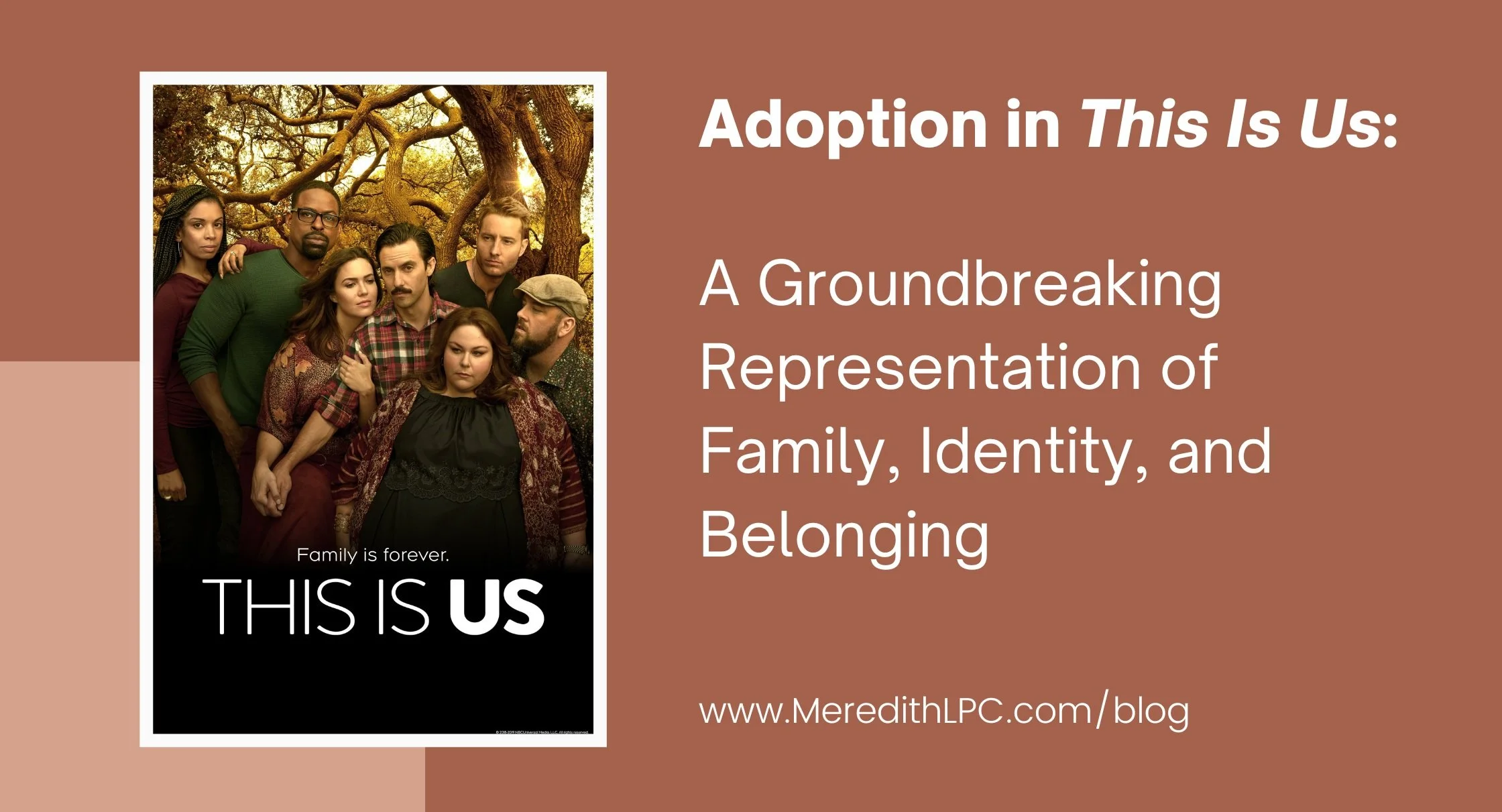How Pets Improve Mental Health: The Science Behind the Human-Animal Bond
If you’ve ever felt comforted by a pet’s presence, you’re not imagining it—science backs up the powerful impact animals have on our mental health. Whether it’s a dog’s wagging tail when you walk in the door, a cat curling up in your lap, or even the rhythmic swimming of fish in a tank, animals provide emotional support in ways that are both simple and profound.
But what exactly makes the human-animal bond so special? And how does it translate into real mental health benefits? Let’s break it down.
The Science Behind the Bond
The connection between humans and animals is more than just companionship—it’s wired into our biology. Studies have shown that interacting with animals releases oxytocin, the same “love hormone” that strengthens social bonds between humans. Oxytocin helps reduce stress and promotes feelings of safety and trust.
At the same time, petting a dog or cat can lower cortisol (the stress hormone) and trigger the release of serotonin and dopamine, neurotransmitters that help regulate mood. This explains why spending time with a pet often brings an immediate sense of calm and happiness.
Mental Health Benefits of Having a Pet
1. Reduced Stress and Anxiety
Simply being around animals can have a calming effect. Research has found that petting a dog or cat for just 10 minutes can significantly lower stress levels. In fact, therapy animals are often brought into hospitals, schools, and workplaces to help people manage anxiety in high-pressure environments.
2. Increased Social Connection
Zoey, my American Pit Bull Terrier rescue dog
Pets—especially dogs—encourage social interaction. Taking your dog for a walk often leads to conversations with neighbors or fellow dog owners. For people who struggle with loneliness or social anxiety, pets can be an excellent icebreaker and a source of companionship.
3. Structure and Routine
Many mental health conditions, such as depression, can make it difficult to maintain a sense of structure in daily life. Pets require regular feeding, exercise, and care, which can help create a routine that provides stability and purpose.
4. Physical Activity and Improved Health
Dog owners, in particular, tend to be more active, thanks to daily walks and playtime. Regular physical activity is linked to improved mood, reduced anxiety, and lower rates of depression. Even playing with a cat or setting up a stimulating environment for small pets can encourage movement and engagement.
5. Emotional Support and Unconditional Love
Pets don’t judge, hold grudges, or criticize—they offer unconditional love and acceptance. This can be incredibly healing for individuals struggling with self-esteem, trauma, or feelings of isolation. The simple act of having an animal that depends on you can also create a sense of purpose and responsibility.
Are Pets a Good Fit for Everyone?
While pets offer numerous mental health benefits, they’re also a big commitment. Not everyone has the time, energy, or resources to care for an animal, and that’s okay. If owning a pet isn’t an option, there are still ways to experience the benefits of the human-animal bond:
Volunteer at an animal shelter to interact with animals without the long-term responsibility.
Pet-sit for friends or family to enjoy occasional companionship.
Visit a cat café or therapy animal event to experience the calming presence of animals.
Watch nature or animal videos, which studies have shown can boost mood and reduce stress.
A Lasting Connection
The connection between humans and animals is powerful, rooted in both science and emotional experience. Pets can provide comfort, companionship, and even improve mental health conditions like anxiety and depression. While they aren’t a substitute for therapy or professional care, they can be a valuable part of a holistic approach to well-being.
If you’re considering adding a pet to your life, think about adopting from a shelter or rescue organization. There are countless animals in need of loving homes, and giving a rescue pet a second chance can be incredibly rewarding—not just for them, but for you, too. Plus, many shelters can help match you with a pet that fits your lifestyle and needs.
If you already have a pet, take a moment to appreciate the support they provide—chances are, they’re improving your mental health in ways you didn’t even realize!



